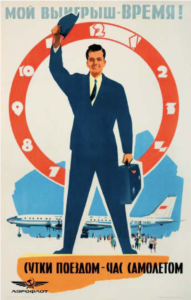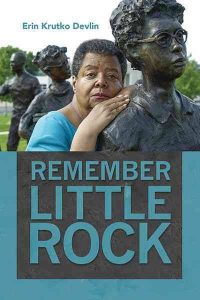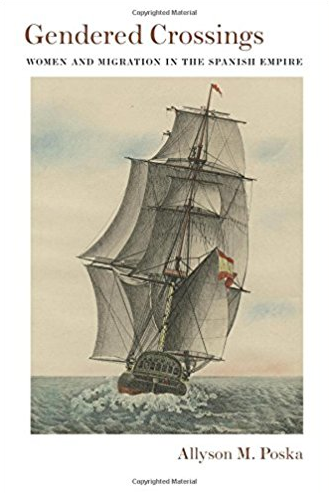 History Professor Allyson Poska has been awarded a Rapid Response Grant on Covid-19 and the Social Sciences for her project “Convincing the Masses: Global Public Health and Smallpox Vaccination in the Spanish Empire (1803-1810).”
History Professor Allyson Poska has been awarded a Rapid Response Grant on Covid-19 and the Social Sciences for her project “Convincing the Masses: Global Public Health and Smallpox Vaccination in the Spanish Empire (1803-1810).”
Presented by the Social Science Research Council in partnership with the Henry Luce Foundation, this competitive grant is intended to “examine the wide-ranging impacts of Covid-19—including on education, the workplace, health care, and religious practices—from the perspectives of a range of disciplines, from anthropology to political science to psychology.”
Poska offers a rich project summary that describes both the history of the 1803 Spanish smallpox vaccine campaign and its current-day relevance, as she writes:
In 1803 Charles IV of Spain initiated a campaign against smallpox, opening vaccination rooms across the peninsula and sending the cowpox vaccine around the globe with the Royal Philanthropic Expedition. This global examination of Spain’s smallpox vaccination campaign analyzes the dynamic between the purveyors of the vaccine and the potential recipients. On both the peninsula and around the globe, the vaccination campaign engaged the diverse populations of the Spanish empire: men and women, rich and poor, Africans (both free and enslaved), Indigenous Americans, Filipinos, mixed-race peoples, and whites (both Spanish and American born). The campaign challenged deeply rooted race and gender hierarchies and asserted new claims to governmental authority.
I intend to examine how each of these groups asserted their own expectations about bodily authority and governmental control as they accepted or rejected the vaccine… This project relates directly to the current Covid-19 as public health authorities grapple with the challenge of encouraging hundreds of millions of people of all races, classes, and cultures to submit to a novel vaccine for a novel virus.
Professor Poska has also received grants for this book project from the American Philosophical Society, The Council of American Overseas Research Centers/NEH Senior Fellowship, and The American Council of Learned Societies. She recently presented work from the project to the Center for Disease Control’s Immunization Division.

 Dr. Will Mackintosh has been named to the inaugural class of scholars at the Bright Institute of Knox College. He will join fourteen liberal arts professors in receiving a $9,000 award of research support over three years. This honor will support his research on the Loomis Gang.
Dr. Will Mackintosh has been named to the inaugural class of scholars at the Bright Institute of Knox College. He will join fourteen liberal arts professors in receiving a $9,000 award of research support over three years. This honor will support his research on the Loomis Gang.


